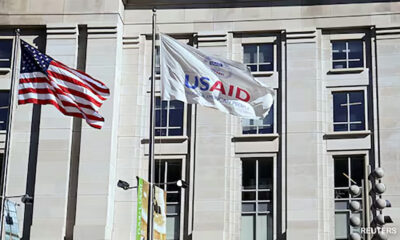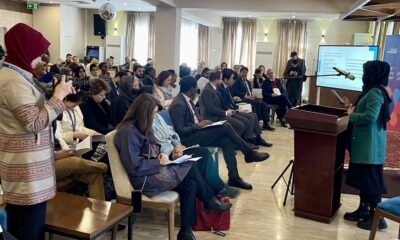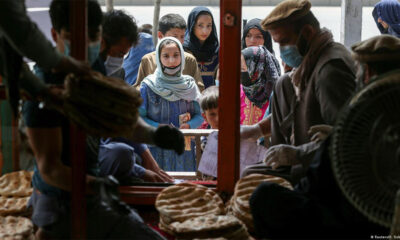Women paying biggest price for aid cuts in Afghanistan: WFP
“More than one million mothers and children no longer benefit from nutritional aid due to a severe lack of funding.”
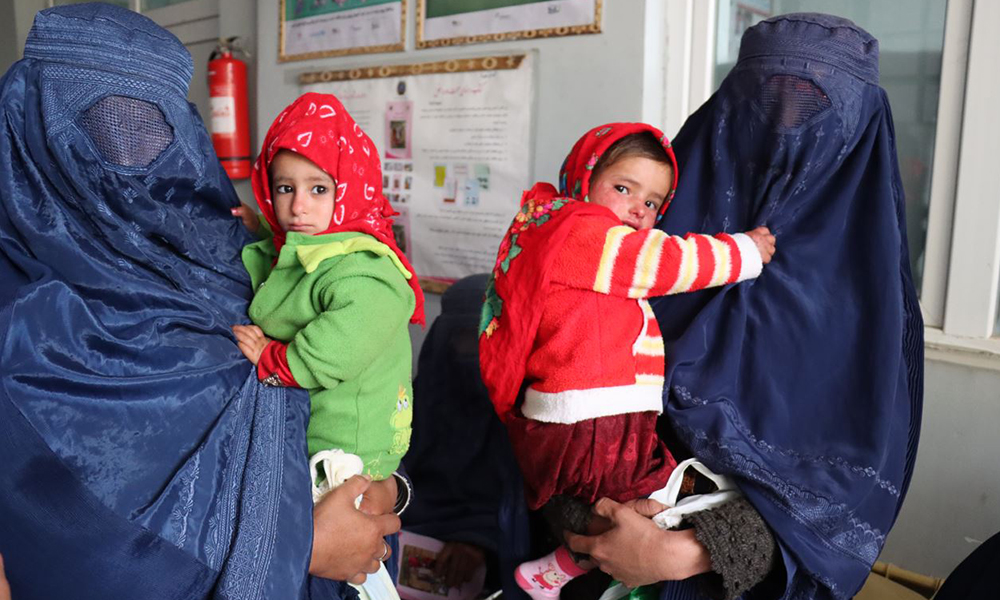
The United Nations World Food Program (WFP) has once again expressed concern about the lack of funding for aid programs for the needy in Afghanistan, saying that women will suffer the most.
The UN agency said on X on Sunday that in Afghanistan, it is the women who bear the heavy burden with less options for livelihood.
“Women are paying the greatest cost for aid cuts in Afghanistan,” WFP said.
“More than one million mothers and children no longer benefit from nutritional aid due to a severe lack of funding.”
According to the organization, four million women and children in Afghanistan are struggling with malnutrition, and the situation will only get worse if funding is not provided.

Tahawol
Tahawol: Overview of US global policy
Latest News
Moscow’s move a ‘significant step toward recognizing Afghanistan’s political realities’, says Haqqani
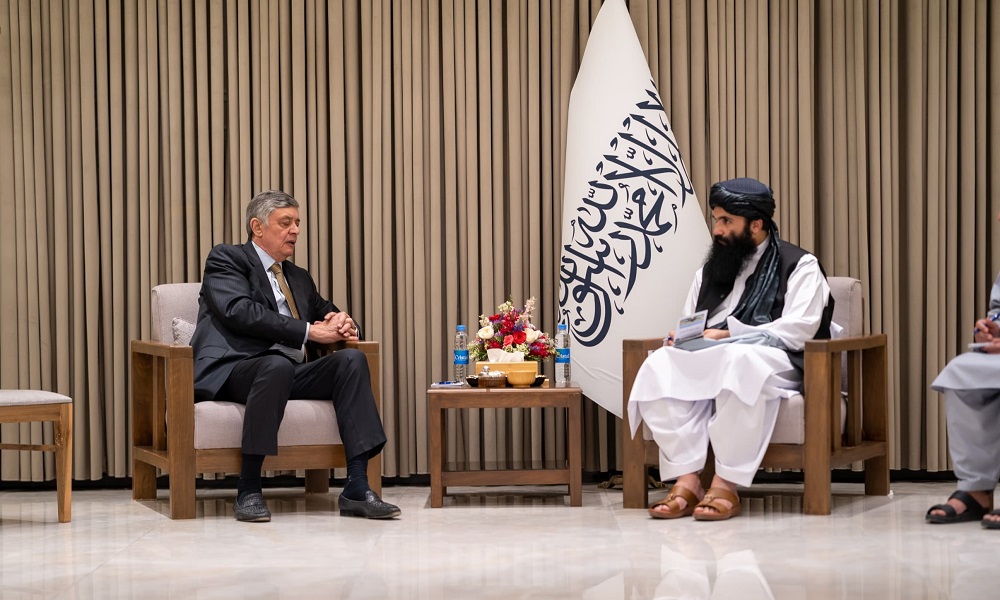
Acting Minister of Interior Sirajuddin Haqqani on Wednesday met with Zamir Kabulov, Russia’s special envoy for Afghanistan, and Dmitry Zhirnov, Russia’s ambassador to Kabul.
Haqqani expressed appreciation for Moscow’s recent decision to remove the Islamic Emirate from its list of terrorist organizations. He described the move as “a significant step toward recognizing the political realities of Afghanistan.”
In a statement, the interior ministry said that both sides emphasized the importance of upgrading diplomatic relations to the level of embassies and reaffirmed their commitment to mutual cooperation in the fields of security and trade.
During the meeting, the two parties also discussed regional and bilateral cooperation in the areas of security, economy, and commerce, and stressed the need to strengthen ties between the two countries.
Saar
Saar: Nations’ agreement on joint anti-terror efforts discussed
-

 Sport4 days ago
Sport4 days agoAfghanistan qualify for U19 Cricket World Cup 2026
-

 Regional5 days ago
Regional5 days agoDeadliest US strike in Yemen kills 74 at oil terminal, Houthis say
-

 World4 days ago
World4 days agoThousands of protesters rally against Trump across US
-

 World4 days ago
World4 days agoIran, US end nuclear talks in Rome, agree to meet next week
-

 Latest News4 days ago
Latest News4 days agoPolio vaccination campaign launched in Afghanistan
-

 International Sports3 days ago
International Sports3 days agoIPL 2025: 14-year-old Vaibhav Suryavanshi becomes youngest IPL player
-

 Latest News2 days ago
Latest News2 days agoChina invites various Afghan delegations to attend Shanghai forums
-

 International Sports2 days ago
International Sports2 days agoIPL 2025: Robo-Dog ‘Champak’ explained

